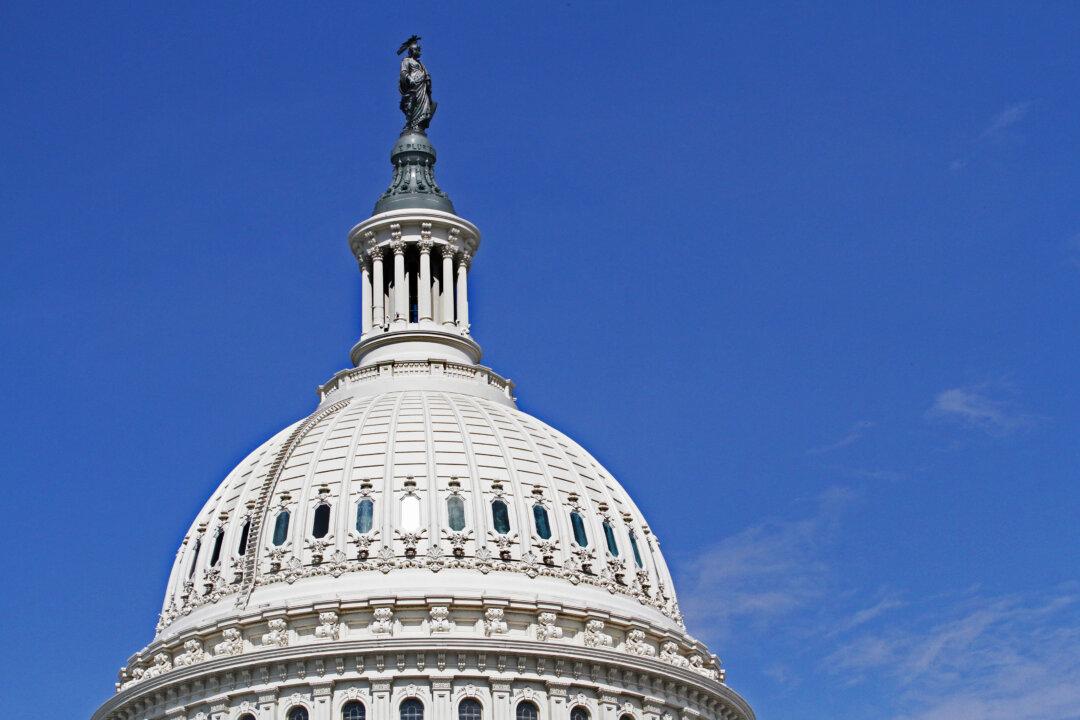A bipartisan coalition of members of Congress has introduced a bill that would make U.S. sanctions on Iran’s energy sector permanent.
The Solidify Iran Sanctions Act—introduced on May 1 by Reps. Michael McCaul (R-Texas), Michelle Steel (R-Calif.), and Susie Lee (D-Nev.)—would make the sanctions under the Iran Sanctions Act of 1996 permanent; it’s set to expire in 2026.





